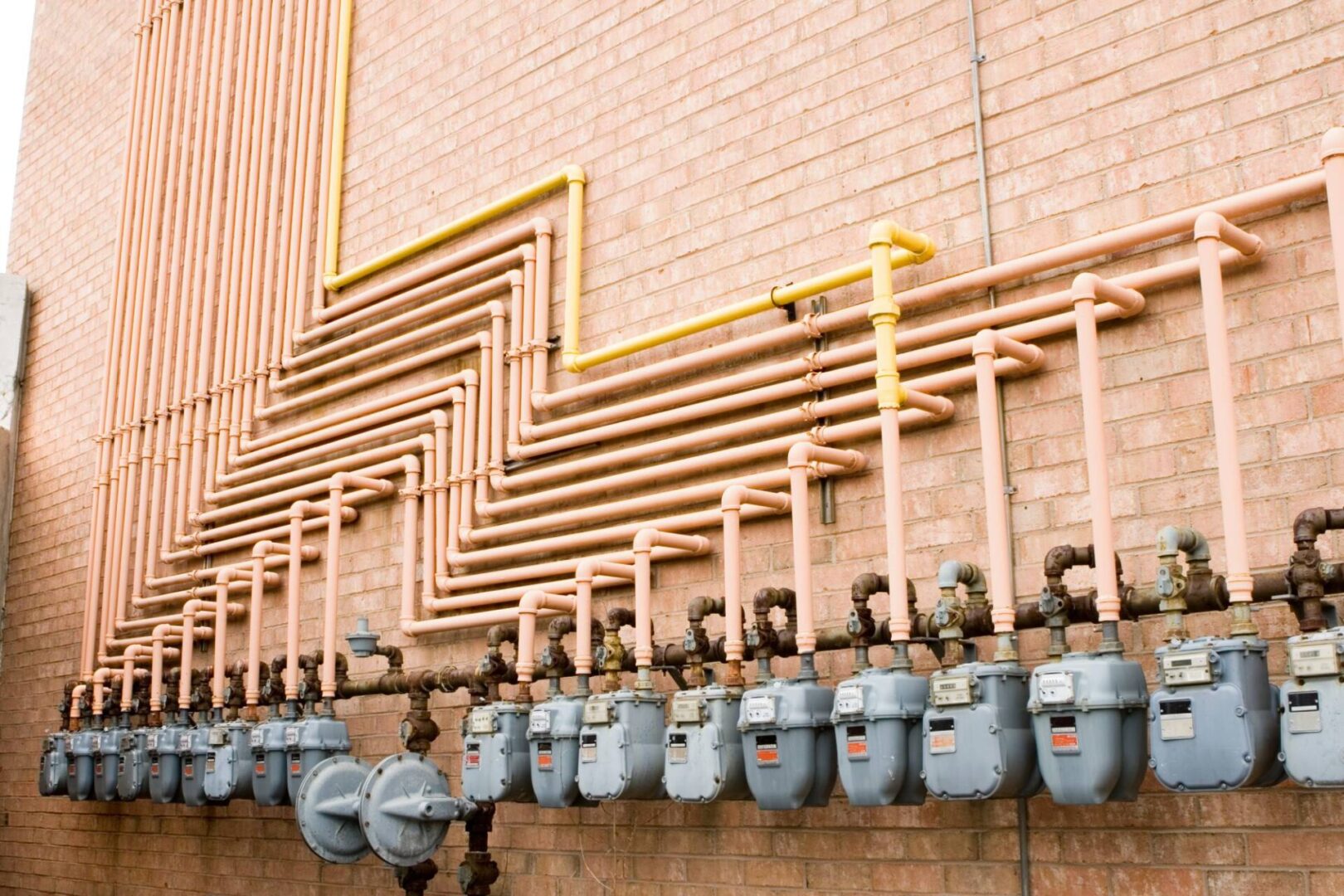
Public law requires the DOT to develop and enforce minimum safety regulations for the transportation of gases by pipeline. These are published in Title 49 of the Code of Federal Regulations (CFR), parts 190, 191, 192, and 199. These are the federal laws that all pipeline operators must abide by.
The RRC's mission is the stewardship of natural resources and the environment, and it is also responsible for protecting personal and community safety. The commission’s pipeline safety program is authorized by the Cox Act and Texas Natural Resources Code to regulate the safety of gas, hazardous liquid, and CO2 pipelines in Texas.
The RRC performs periodic audits of natural gas systems to ensure compliance with federal and state regulations. Pipeline safety regulations require operators of natural gas systems to meet all federal and state requirements. The natural gas pipeline safety regulations apply to all jurisdictional systems, and the RRC is in charge of enforcement.
The RRC auditor will contact the owner/management to schedule the date and time of audit. During this process, the auditor will request to look at the property's distribution systems operations and maintenance manual. All required documentation will be reviewed for compliance. An outside property inspection will be conducted as well. Any findings that are not within compliance will result in a violation.
After each safety evaluation, a package will be sent to the owner/management company from the RRC. In the event that violations were found, a plan of correction (POC) will be answered with an item-by-item explanation of exactly how and by what date each violation will be corrected. This plan must be submitted to the RRC for approval.
A master meter system is a natural gas pipeline system used in distributing natural gas for resale within, but not limited to, a specific area. This can be a mobile home park, housing project, or apartment complex. A master meter system operator purchases metered gas from an outside source.
The commission establishes a pipeline safety and regulatory fee to be assessed annually against the operators, subject to the commission's jurisdiction under Texas Utilities Code. The commission assesses each natural gas operator an annual fee of $100 for master meter operators, due by March 15 each year, to avoid a late payment penalty.
The P-5 form is an organization report that lists the legal entity operating the system. On the other hand, the P-50 form is the report that lists the managers/officers/maintenance employees operating the system. The P-5 and P-50 forms must be filled out annually for any entity performing operations within the jurisdiction of the RRC's oil, gas, and safety division. The P-5 and P-50 form fee is $562.50 annually.
The DIMP or Distribution Integrity Management Plan is a written plan that must address, at a minimum, the knowledge of the pipeline, identify threats, rank the risks, and identify and implement measures to mitigate risks. It is also used to measure performance, monitor results, and evaluate effectiveness and points for improvement.
Any below ground leaks will be graded based on severity. If a Grade 1 leak is found, the company's emergency plan will be implemented. Management will be notified immediately, and action will be taken to protect life and property until conditions are no longer a hazard. All below ground leaks must be repaired by a licensed plumber.
Texas Regulatory Consultants conducts inspections with honesty and integrity to present the facts. All reports reflect the system’s condition at the time of inspection, and comments can be found on each report. TRC maintains a backup copy of all documentation for all of our inspections.


